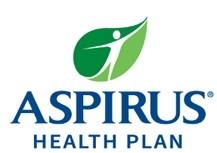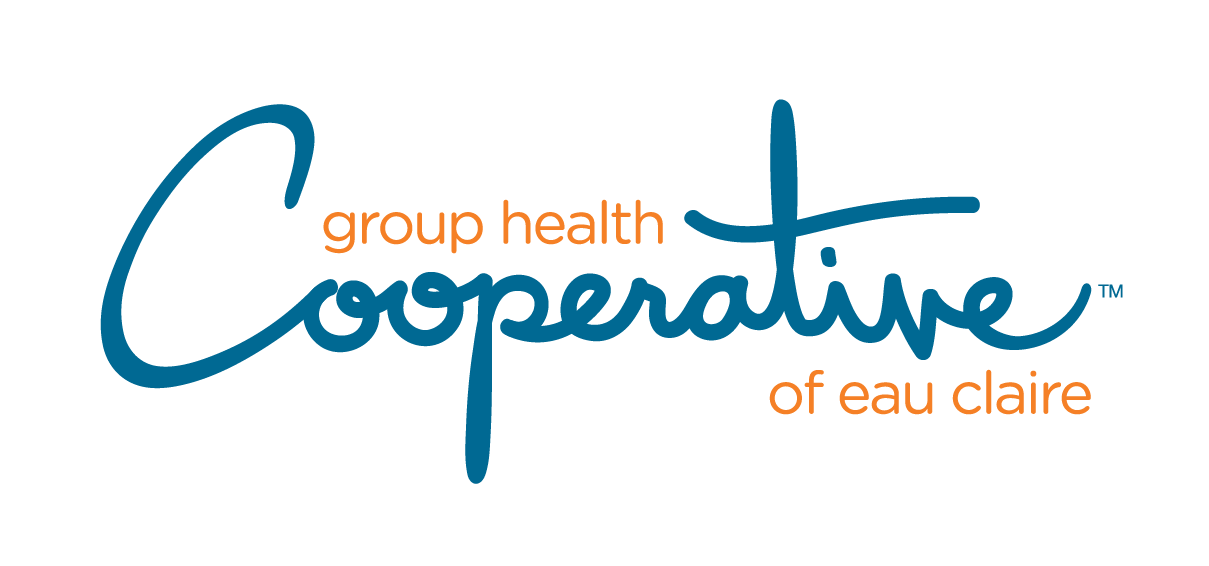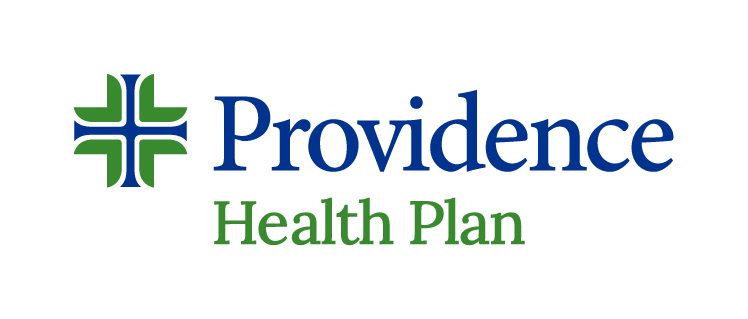December 17, 2021
The disproportionate disease burden observed in historically marginalized communities throughout the COVID-19 pandemic revealed systemic inequities and served as a flashpoint for dialogue around health equity. Individuals belonging to diverse racial and ethnic groups experience a heightened level of preventable differences in health outcomes. Factors such as discrimination, lack of access to health care, and financial insecurity can exacerbate these disparities. As public health leaders strive to address health disparities and close equity gaps, the lack of effective, comprehensive and standard data collection continues to significantly impede efforts. Data systems across the health care continuum are faced with a paucity in race, ethnicity, and language (REaL) data.

The lack of data collection of individuals’ race, ethnicity and language impede public health interventions and also perpetuate the erasure of historically marginalized communities. Data tells a story. It informs policy, dictates where critical public health funding is allocated and affects the way patients interact with the health care system. Standardizing REaL data will help measure and identify critical social drivers of health, unique to certain populations, that contribute to disparate health outcomes.
ACHP member company UCare, based in Minneapolis, Minnesota, is leading the charge to collect more complete and accurate REaL data in the communities it serves. After observing that only 20 percent of patient race and ethnicity data were received from the state, UCare decided to lead by example and take on data collection. Beginning with Medicaid members, UCare sought outside data sources, including Carrot Health, to supplement REaL data received from the state. Impressively, this method allowed UCare to increase REaL data for specifically Medicaid members to approximately 70 percent, a huge accomplishment.
Although this increase in data collection is essential to informing greater coverage and care delivery, UCare continues to face barriers to consistent data collection. For example, UCare is seeking a means of sharing data it has collected with the state, advancing further standardization of the data or ability for other entities to utilize the findings to help close health equity gaps.
Even with the huge data collection success, there remain nearly a third of Medicaid members with missing data, exacerbating challenges to understanding the full impact of health disparities. Part of the struggle remains that members are not required to disclose demographic information, many multiracial individuals intentionally omit REaL data because the racial and ethnic identifiers presented are not applicable, and/or members are cautious to provide this information. Further, the lack of data interoperability between provider electronic health records and health plan systems is not sufficiently sophisticated to share data collected by different parts of the health care system.
Unfortunately, UCare’s struggle to garner demographic information and address health equity gaps is not unique. Recently, the Centers for Medicare & Medicaid Services (CMS) flagged Medicaid race and ethnicity data for nine states as “high concern” due to more than 20 percent of data missing. Even more concerning is that data from an additional four states were deemed unusable for analysis, as more than 50 percent was missing.
As research continues to inform REaL data collection efforts, standards and practices evolve. As suggested by the State Health Access Data Assistance Center (SHADAC), in order to obtain accurate data, there must be outreach to foster member trust in disclosing race and ethnicity data. Enrollment assisters should also be engaged to help collect REaL data. Assisters, partnering with members, offer vital peer support and can help secure accurate REaL data by educating members on the importance of data collection and how it can be used to improve health equity. Additionally, Medicaid enrollment forms should contain clear prompts encouraging disclosure of race and ethnicity data, while assuring members that no harm will happen by providing this information.
Following UCare’s example, states should leverage alternative data sources to help fill gaps or validate Medicaid data. Deploying the above solutions would play a major role in encouraging greater standardization of REaL data collection, further informing vital policy that impacts marginalized communities.
Learn How ACHP Plans are Transforming Care Across the Country


































